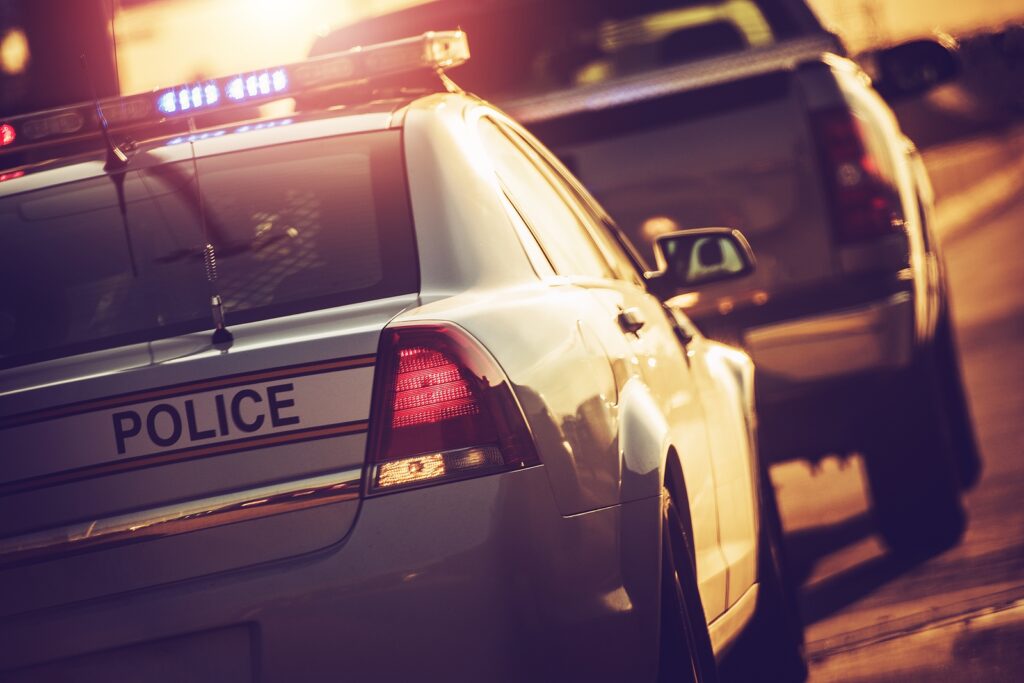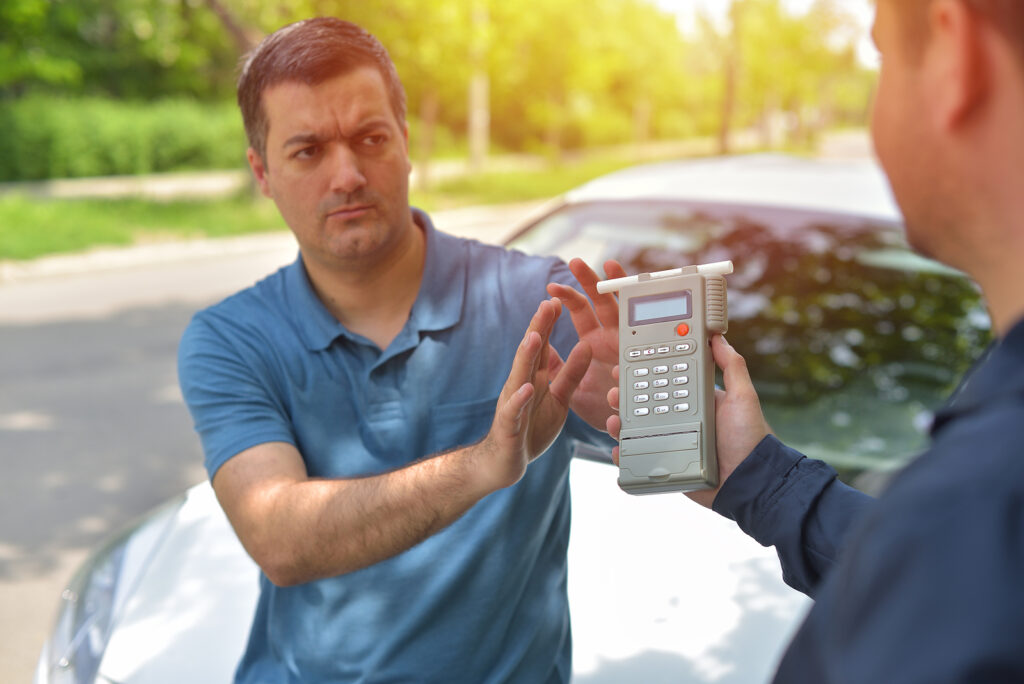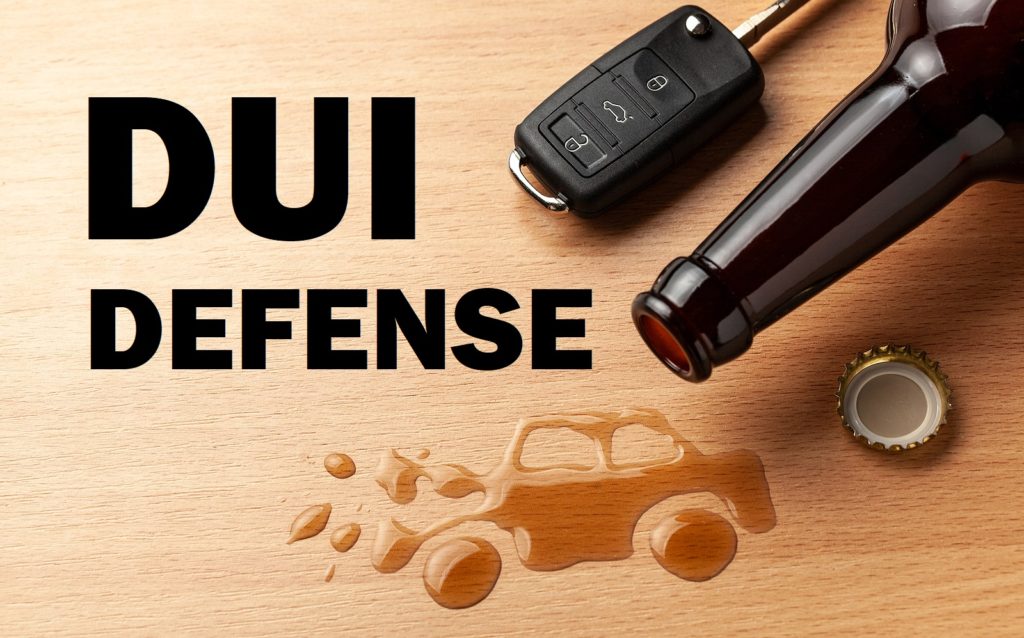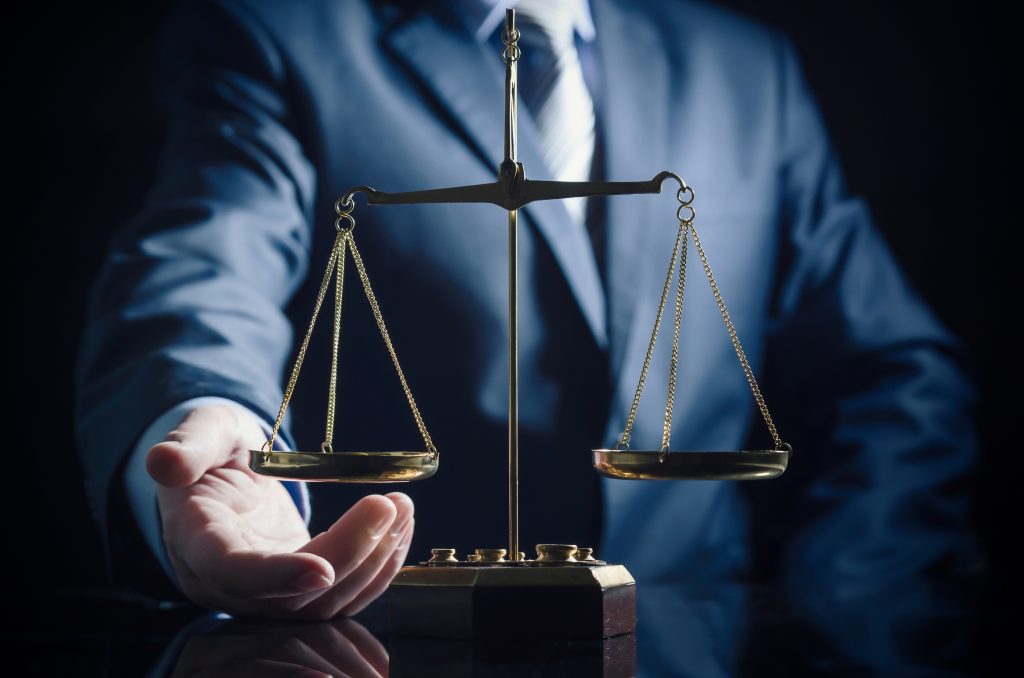Driving under the influence (DUI), also known as operating while intoxicated (OWI) in Indiana, is a serious offense that carries significant consequences. Being informed about the state’s DUI laws can help you make responsible decisions and understand your rights in case of a DUI arrest.
In this comprehensive guide, we will delve into the specifics of Indiana’s DUI laws, the process following a DUI arrest, and the potential implications of an OWI conviction. The objective is to provide a clear and concise resource that can help you navigate this complex area of law.
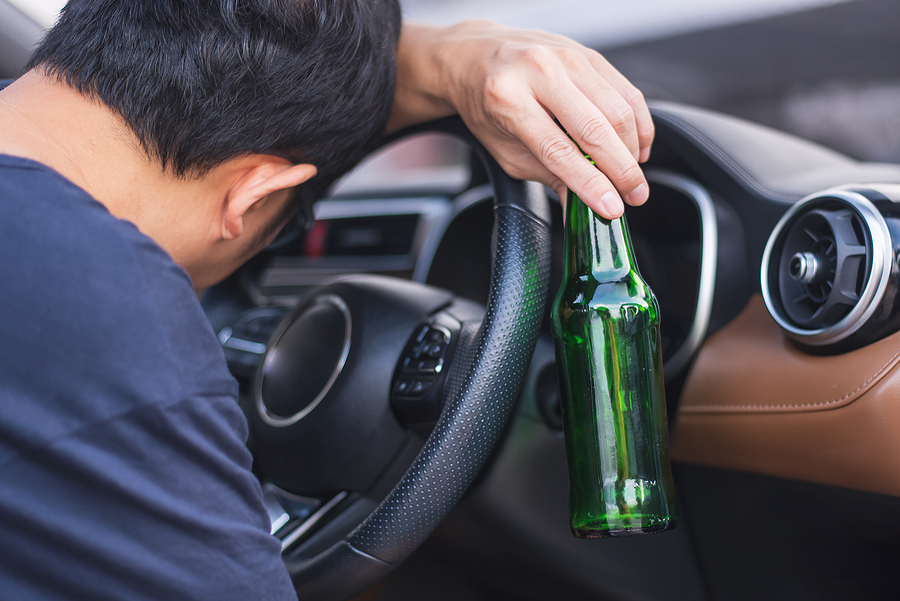
Indiana DUI Laws and Penalties
In Indiana, operating a motor vehicle with a blood alcohol content (BAC) of 0.08% or more is considered DUI, also referred to as an OWI or DWI in certain jurisdictions. It is possible to be charged with driving under the influence even if your BAC is lower than this, however. In cases where there’s evidence of intoxication, such as reckless driving, the state may pursue a charge of OWI even if your BAC is below 0.08%.
If you are arrested for OWI in Indiana, you will face criminal penalties that can include jail time, fines, probation, license suspension or revocation, and an ignition interlock device (IID). The consequences vary based on the severity of the case and whether you’ve had any previous convictions. For a first-time offense, you may face up to one year in jail and fines of up to $5,000. Your driver’s license will also be suspended for 90 days.
Repeat offenses are treated more severely by Indiana DUI laws. A second OWI conviction can carry up to two years in prison and a fine of up to $10,000. You will also be required to install an IID on your vehicle. A third OWI conviction within 10 years is considered a felony offense and can result in jail time of between one and six years, along with fines of up to $10,000. Your license can also be revoked permanently.
The DUI Arrest Process and Implications
If you are pulled over for suspicion of OWI in Indiana, the police officer will ask you to take a field sobriety test. This is an evaluation designed to assess your level of impairment and determine whether you should be arrested. If the officer believes that you are impaired, they may arrest you for DUI/OWI.
After the arrest, you will be taken to a police station where your blood alcohol content will be tested using a breathalyzer test and your results will be recorded. If the results show that your BAC is 0.08% or higher, the officer may decide to file criminal charges against you and even ask to have your blood drawn to confirm your blood alcohol levels. It’s important to note that it is still possible to be charged with a DUI even if your BAC is lower than 0.08%.
Any OWI or DUI conviction will remain on your permanent record for at least 10 years. This can have a major impact on your ability to secure employment, housing, and other opportunities down the line. An OWI/DUI conviction can also adversely affect your auto insurance rates. Depending on the severity of the offense, you may even lose your driver’s license. Further down the line, you may qualify for criminal record expungement, which can seal your criminal record from public access.
Defending Against OWI Charges in Indiana
If you have been charged with DUI/OWI in Indiana, it’s important to consult a qualified attorney as soon as possible. An experienced DUI lawyer can help assess your case and formulate a defense strategy. There are several potential defenses against DWI charges. These can include challenging the results of a field sobriety test or arguing that there was not sufficient evidence to prove intoxication. It’s important to remember that you have rights when facing OWI charges and an attorney can help protect them. An experienced lawyer can also work to reduce the severity of the charges or get them dismissed entirely, depending on the situation.
DUI/OWI laws can be complex and it’s important to understand your rights in case of a DUI arrest. Contact Attorney David E. Lewis at 317-636-7514 to speak with an experienced and good-standing criminal defense DUI lawyer in Indianapolis, Indiana. We can help you get the best possible outcome in court for your misdemeanor or felony drunk driving charges. But you only have 10 days to save your drivers’ license from suspension – so call NOW!
Related Posts:
Your Next Step After Being Charged With Drunk Driving Vehicular Manslaughter
Do Not Fall for These OWI Arrest Myths
5 Types of Probable Cause for DUI Traffic Stops

